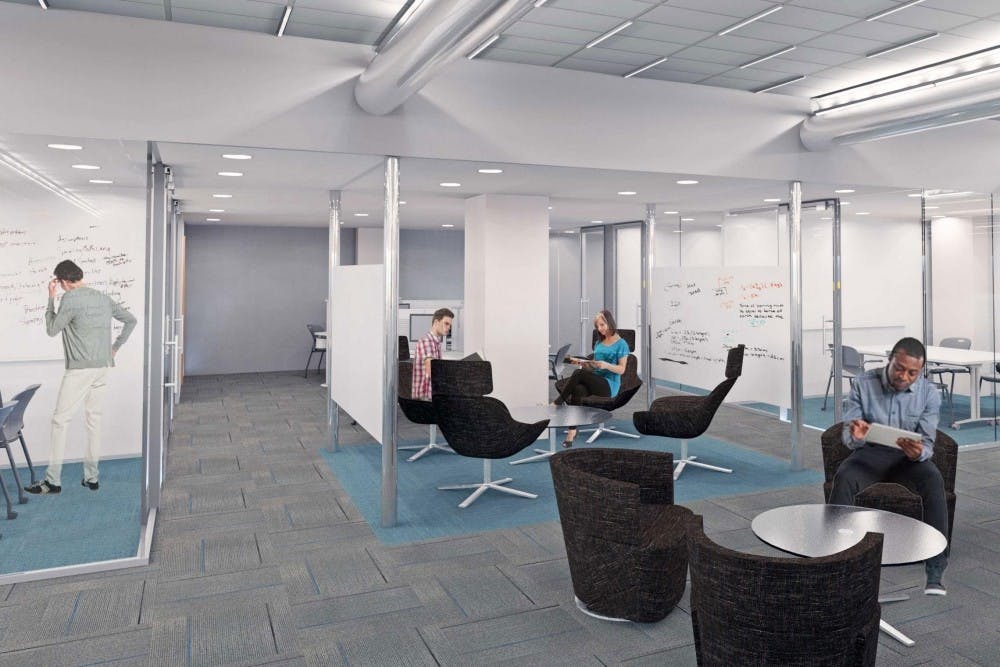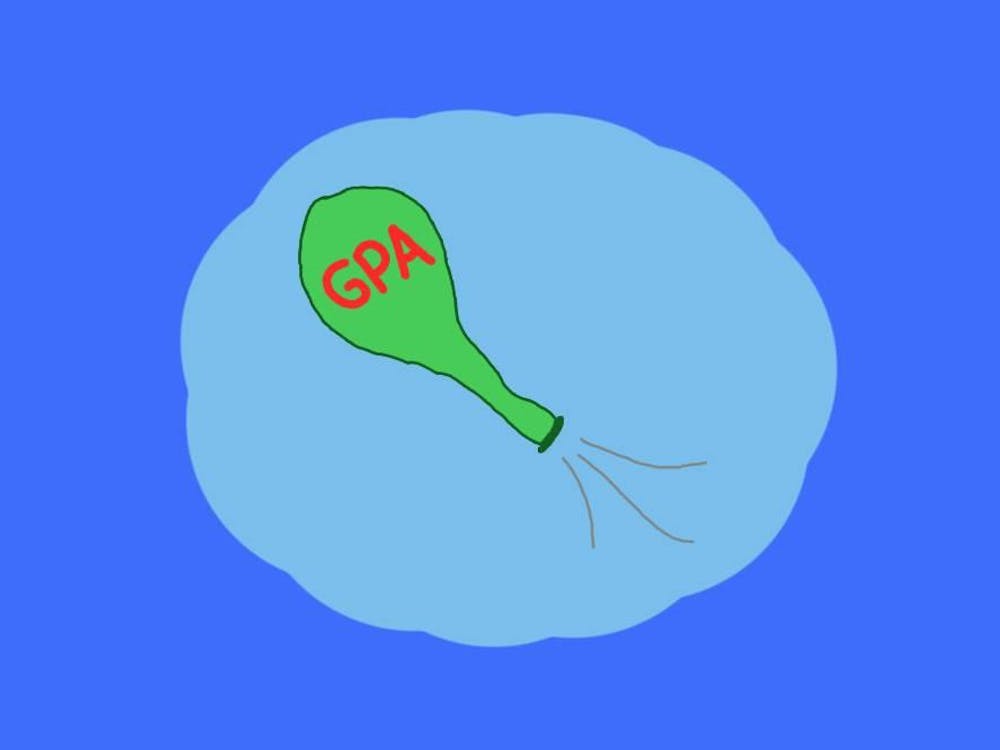As part of University President Teresa Sullivan’s Total Advising initiative (a part of her five-year Cornerstone Plan), the University will create a new advising center on the second floor of Clemons Library, which is scheduled for completion in January 2017.
The center will include academic, professional and personal advising resources, and various advisors will hold regular office hours in the center. Full-time staff and trained student staff will also be stationed in the center to answer questions. Tutoring from the Writing Center and the Math Center will expand within the new advising center as well.
The creation of an advising center in Clemons is a welcome change for an advising system that has long needed improvement. While the University offers College Advising Seminars, or COLAs, to connect first-year students with advisors, most students receive randomly assigned faculty advisors upon entry into the University. Since these advisors may not be experts in the subject areas students are pursuing, the current system doesn’t always lend itself to useful advising.
Should students be matched with an advisor they don’t find helpful, they are able to switch advisors or go to Monroe Hall for walk-in advising, as well as schedule appointments at the Career Center or get informal advice from other professors. Students can also speak with their association deans or opt for peer advising through programs like University Link.
While there are clearly numerous outlets for advice, in this system there is an impetus on the student to seek out that advice. This is not necessarily bad; our University selects for students who are self-starters, in line with its emphasis on student self-governance. But this system doesn’t fit the needs of all University students, some of whom may need an extra push to seek advice — and some of whom may need significantly more advising than others.
Moreover, most students here approach advising informally — through friends or course review sites. Building physical infrastructure would help formalize the advising process. Placing the new advising center in a central location that many students frequent may encourage students to seek advice, be that academic or career advice. Overall, the new layout for the second floor of Clemons should make the entire process less daunting.
There are opportunity costs to using a library space for advising. Libraries are intended to be used as study areas and to further research projects, and creating an advising center takes space away from these missions.
However, the University of Virginia Library’s stated goal is “to be a central and responsive partner in the research, teaching, and learning priorities” of the University, according to its site. Though advising may not fall under the category of traditional research, it is still essential to learning.
While not a typical use of library space, in this case the construction plan will serve as a positive step in the direction of truly achieving “total advising.”





